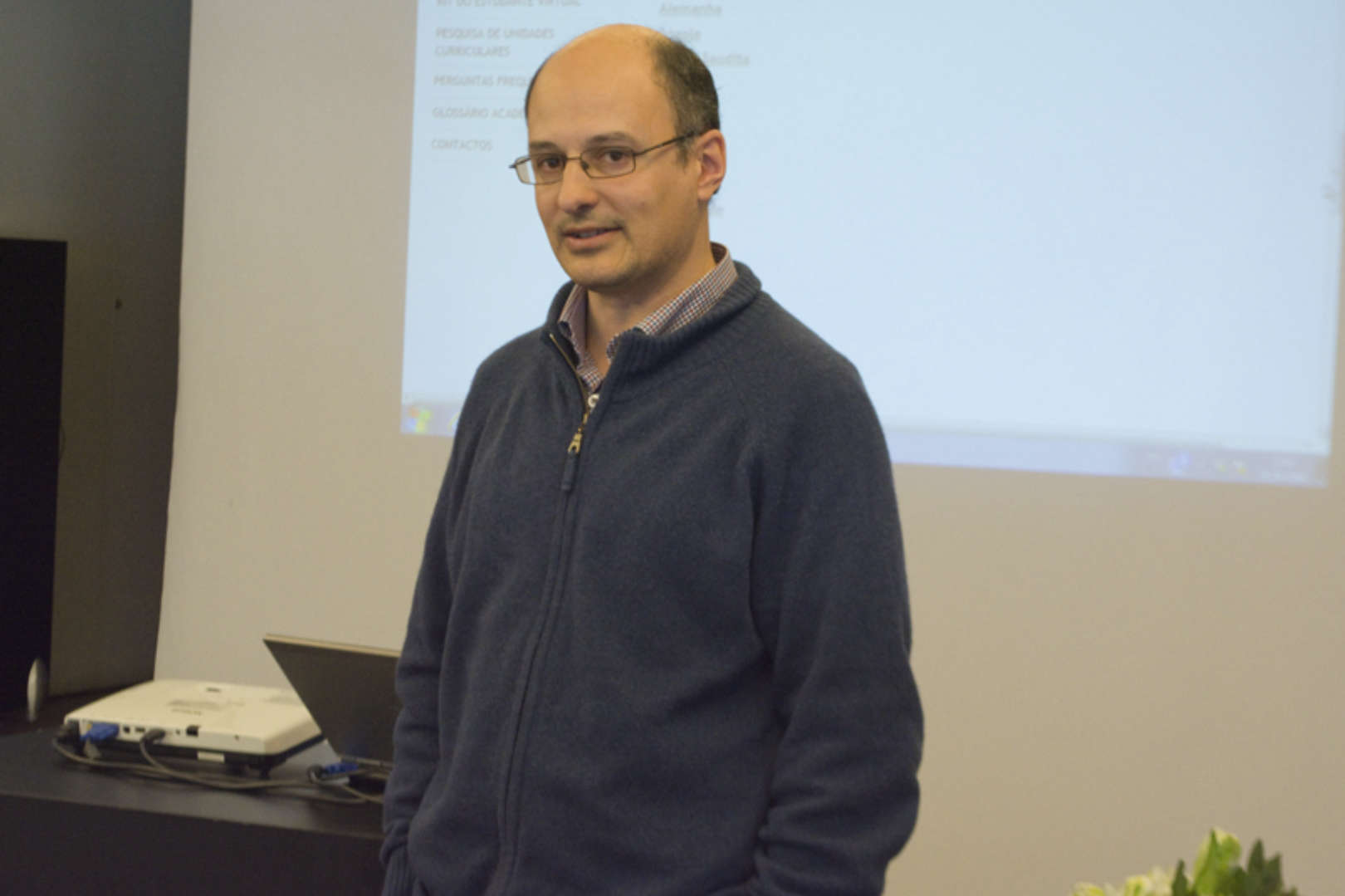About
Vitor Rocio has a PhD in Computer Science (Faculdade de Ciências e Tecnologia, Universidade Nova de Lisboa, 2002). He is an associate professor at Universidade Aberta, and from 2012, is the pro-rector for the Virtual Campus. His main research interests are human language technologies, automatic processing of natural languages, evolutive parsing systems, logic programming, and e-learning technologies.


